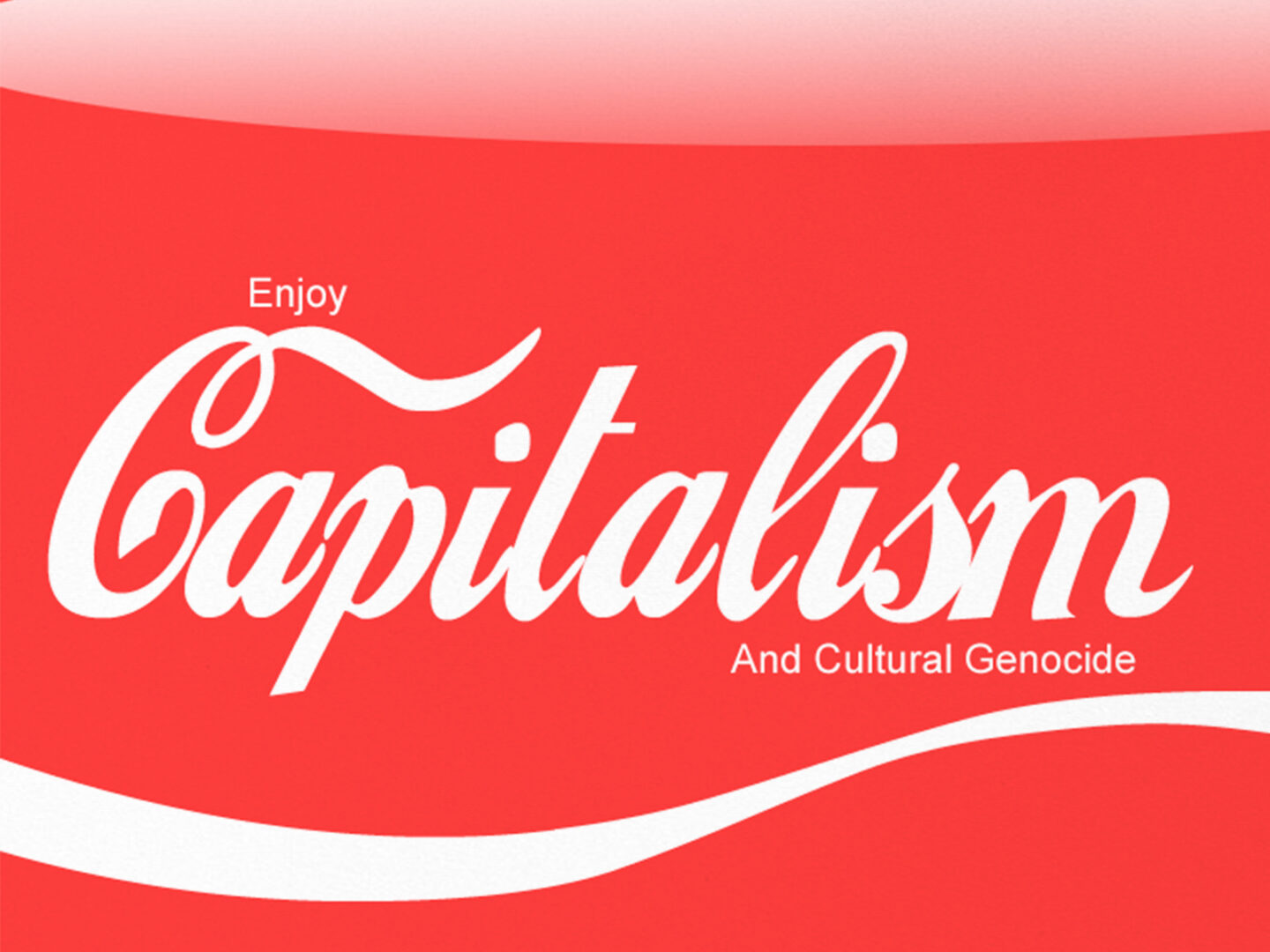We live in a trend-obsessed society. From clothing and accessories to technology and entertainment, everyone is looking for the next big thing that makes us feel like we belong to a social group that extends our identity and speaks for us. But have you ever stopped to ask yourself if you’re really making free choices when you buy that trendy belt (even if it’s from the 90s), listen to vinyl or get your naked nails done?
In the capitalist society in which we live, the consumer game is designed to make you feel like you are making authentic choices, when in reality you are trapped in a maze of illusions. Karl Marx would have called it “commodity fetishism.” The psychology of consumerism and capitalism is fascinating and, at the same time, frightening. Big corporations bombard us with persuasive messages that make you feel that you need “that product” to be happy, successful and accepted. They sell us the idea that buying the latest iPhone, a pair of limited edition sneakers or the latest T-shirt will make us feel complete and fulfilled, and, of course, reaffirm our identity. But before you know it, you’re looking for the next victim to consume, and you trade one need for another. A need that, if you think twice, you don’t really have.
Trends: freedom of choice or an illusion?
Trends, those waves of products that flood our social networks, streaming platforms and favorite stores. There are so many things in this world at your fingertips that you can choose from, it seems easy to have anything at your fingertips. But are we really choosing or just following the path set by brands? Trends are presented as fresh and exciting options, but behind them there is usually a carefully crafted strategy, with branding and brand identity work solid enough to associate values, emotions and specific characteristics to their products, and hunt us down. Look at the case of Diesel. They already knew that their D-belt was going to be a success. The emotional connection with consumers was created by them, fostering an entourage of D-loyalists who crave any object with the initial.
Diesel, like the rest of the brands, have made us believe that by consuming their brand we are expressing our self, putting us in the same bag as millions of other people. And that is one of the cleverest tricks of today’s consumerism and capitalism: to make us believe that we are expressing our individuality while merely following trends. Marx argued that capitalism tends to homogenize culture and create an illusion of diversity. How many of us have bought a garment or gadget simply because we saw it on someone else and liked it?
The paradox tells itself: we seek individuality through uniformity. We seek to fill a void promoted by the consumer society and exacerbated communication, in an attempt to find meaning in our lives and “belong”. Brands capitalize on this need, promising that their products will make us feel more complete and connected. But true connection and meaning are not found on store shelves or a click away.
We live deeply influenced by consumerism, where we are constantly encouraged to buy and acquire more, and be up to any trend. This consumer culture not only affects our economy, but also shapes the way we perceive ourselves and others. Often, people associate success and happiness with the accumulation of material goods. This leads to the mistaken belief that our possessions define our worth and social status.
We tend to base our tastes on our possessions because we are taught from an early age that what we have reflects who we are. The clothes we wear, the phone we have, the car we drive…everything becomes a means of communicating our identity to the world. In some cases, we even go so far as to judge others by their possessions, creating a culture of appearances and superficial stereotypes. Platforms like Instagram & Tiktok further accentuate this behavior with their mechanism of short videos and instant stories. An omnibus of things without a backstory.
However, basing our tastes on possessions can lead to a superficiality that hides our true essence even from ourselves. Instead of exploring and expressing our passions, values and beliefs through our actions and relationships, we are often content to show our identity through what we buy or what we show through networks. And we show our identity by seeking constant validation and approval from others to value ourselves. The immediacy and superficiality of functioning leads to constant dissatisfaction, which can never be resolved. It becomes a loop.
How can freedom of choice exist under extreme pressure of stimuli or exposure to constant information? Although we have more and more options to choose freely, choices are increasingly conditioned by economic, political and social factors: a huge influence of large corporations that dominate industries, social pressures (trends), lack of real competition in the marketplace, government regulations that limit the options available. This illusion of “freedom of choice” makes me rethink how much real autonomy people have to make free choices in today’s capitalist system, and how we can free ourselves from this illusion.
Sigue toda la información de HIGHXTAR desde Facebook, Twitter o Instagram







